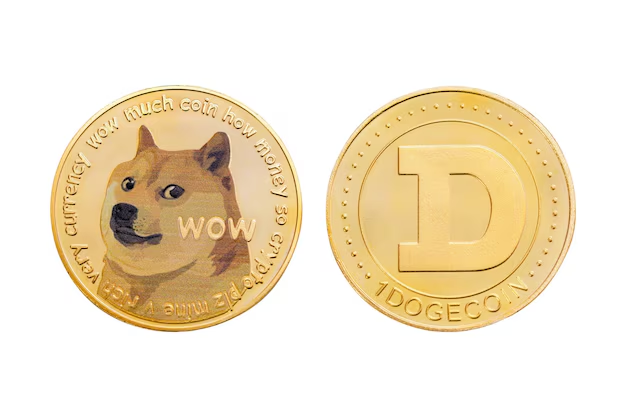As part of Meta’s obligations under the EU’s Digital Markets Act, the company has to make WhatsApp and Messenger interoperable with other messaging apps like Apple Messages, Telegram, Signal, and Google Messages. Meta has now revealed how third-party chats on WhatsApp and Messenger will work for users in Europe.
These changes, while exciting, are currently exclusive to users in the EU. It remains unclear whether Meta plans to expand this interoperability worldwide, although theoretically, it could be achievable once the European transition is complete.
However, without a direct benefit to Meta, the motivation to implement global interoperability is questionable. Mandates pushing for this change outside of Europe seem unlikely, given that few other countries have adopted the EU’s regulatory approach.
Rather than imposing a standardized approach, Meta will allow users to select which third-party apps they want to integrate. Users can organize third-party chats in a dedicated inbox folder or combine them with WhatsApp, Messenger, and external messages into a single unified inbox. Each Meta app will provide these customization options during setup, with the flexibility to switch between views at any time.
Recognizing the need for guidance, Meta has included an onboarding process that explains third-party integration and allows users to choose which external apps to permit. Upon enabling a specific service, Meta will issue notifications whenever new compatibility features are introduced.

Meta promises rich messaging features across third-party chats, including reactions, direct replies, typing indicators, and read receipts from the outset. In 2025, users of other apps will even be able to join group chats, followed by voice/video calling in 2027.
Enabling these various messaging platforms to communicate with each other presents technical challenges. Standardizing encryption protocols to ensure security is a key obstacle. Meta’s strategy involves sharing access to the Signal Protocol utilized by WhatsApp.
Nevertheless, third-party apps must integrate the protocol and gain approval from Meta on the implementation, a task easier said than done. This requirement is outlined in the official agreement that Meta intends for service providers to sign.
Image credit: Open Rights Group
For more trending news articles on tech and digital innovation, visit DeFi Daily News.
Conclusion:
Meta’s move towards interoperability between WhatsApp, Messenger, and other messaging apps represents a significant step in enhancing user experience and connectivity within the digital realm. While the initiative is currently limited to EU users, the potential for global expansion exists, albeit with challenges and uncertainties.
By allowing users to choose their preferred integration options and offering rich messaging features across platforms, Meta is fostering a more interconnected digital landscape. The onboarding process and notification system aim to ease the transition and keep users informed of new developments.
As the world of messaging apps continues to evolve, Meta’s approach to collaboration and standardization sets a precedent for innovation and user-centric design. While the road to seamless interoperability may be complex, the benefits of enhanced communication and functionality make it a worthwhile journey.
Overall, Meta’s efforts to bridge the gap between different messaging platforms demonstrate a commitment to advancing digital connectivity and empowering users to navigate seamlessly through the digital ecosystem. With further developments on the horizon, the future of messaging integration looks promising and full of possibilities.



















